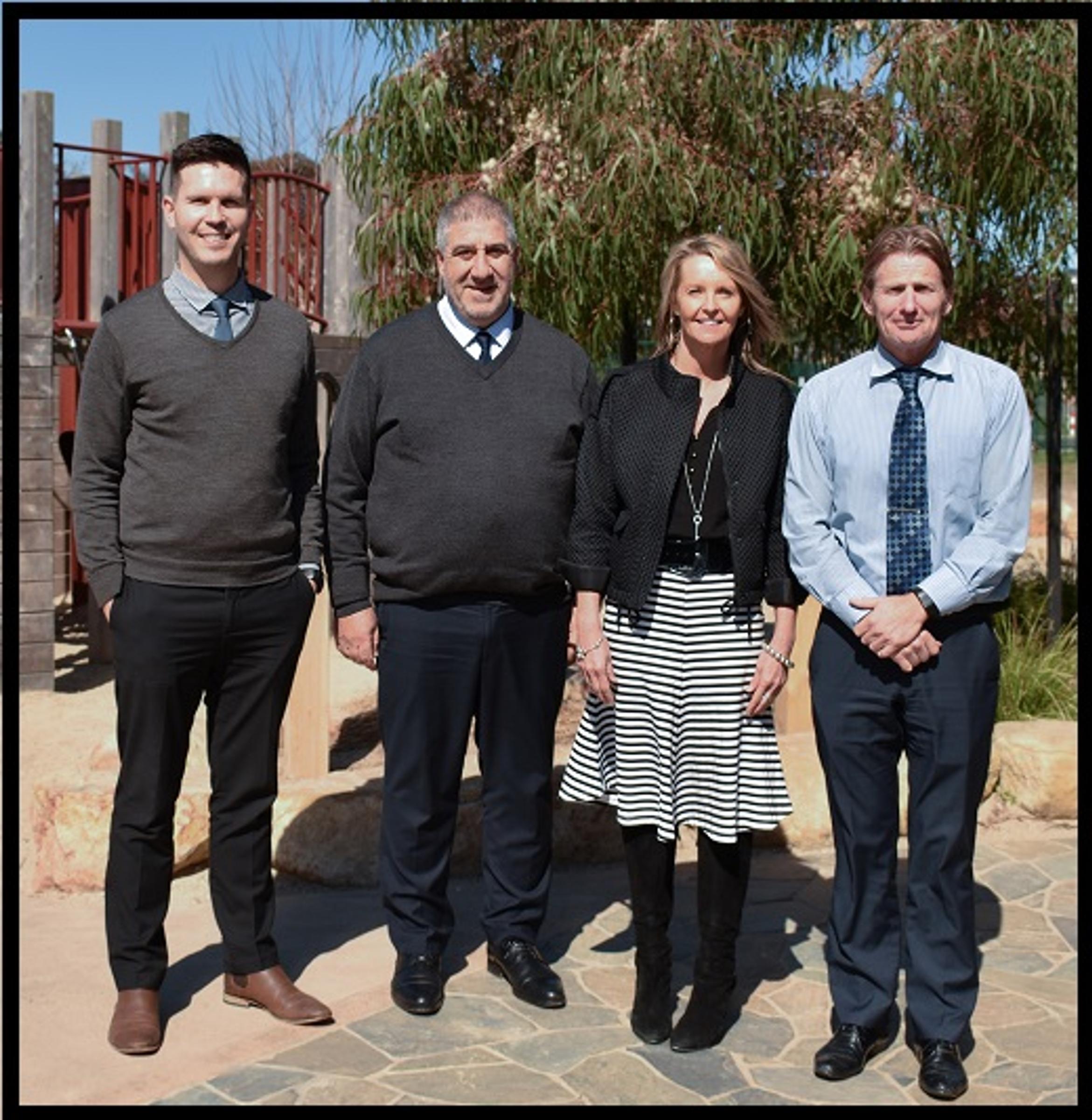Principal Report

Mindfulness – What, Why, How?
Last week our staff engaged in some professional learning from The Smiling Mind as we continue to be passionate in ensuring that our students are taught the skills they need to be resilient, emotionally aware with good mental health.
We are well aware that mental health and wellbeing are important and can affect the way children feel about themselves, how they think, learn, and relate to others. With good mental health, research shows children are happier, more confident, more resilient learners and able to build positive relationships. Good mental health in childhood sets young people up for positive mental health in the future.
An important part of good practise for positive mental health and wellbeing is Mindfulness. Mindfulness has been found to improve emotion regulation, mental health, attention, memory and learning.
So, what is Mindfulness? A mental state achieved by focusing one's awareness on the present moment, while calmly acknowledging and accepting feelings and thoughts. Mindfulness is used as a therapeutic technique.
Practising mindfulness occurs in our classrooms with students as a way of regulating emotions, reducing emotional distress and to settle and calm students. When we practise mindfulness, we become more aware of things happening around us and gain a greater sense of presence.
How you can support your child at home with Mindfulness.
Mindfulness Meditation Practice
Practising Mindfulness as a family can strengthen relationships, deepen connections, and improve everyone's wellbeing. Age specific meditations for children and adults can be found in the Smiling Mind app.
For more information on Mindfulness please click Smiling Mind Mindfulness Tips
Deanne Morgan
Assistant Manager


